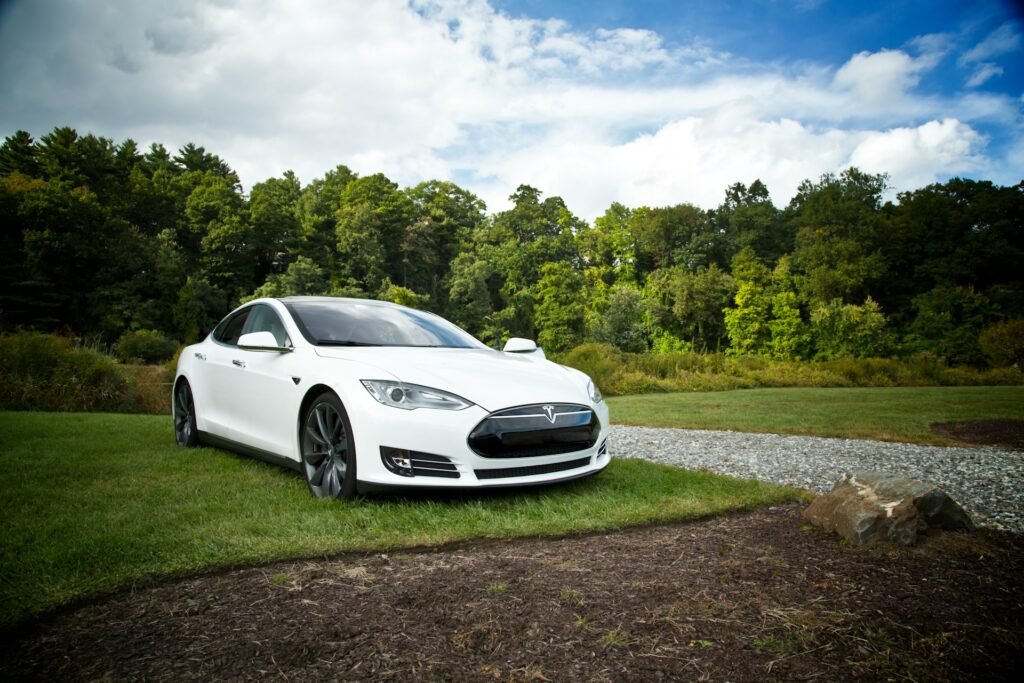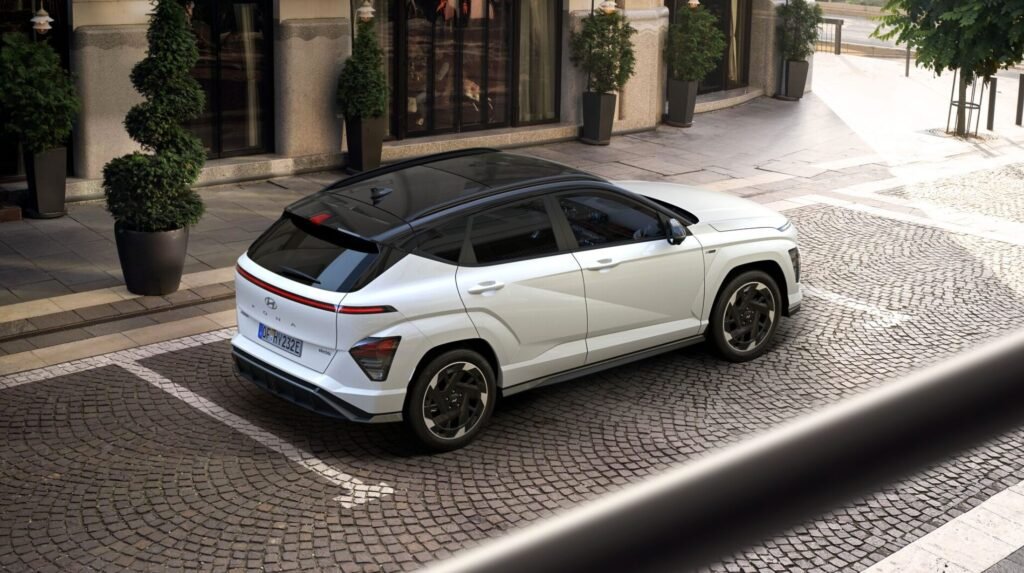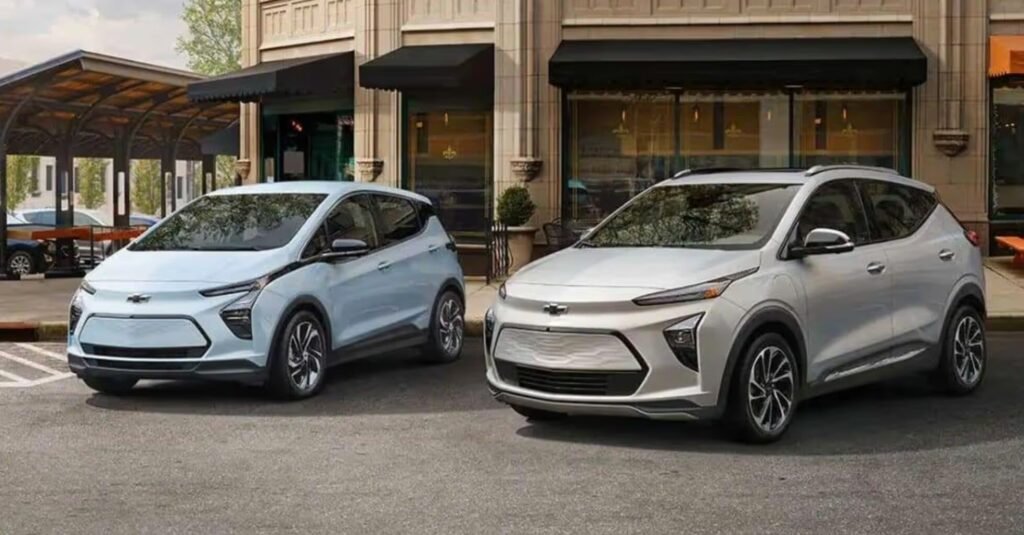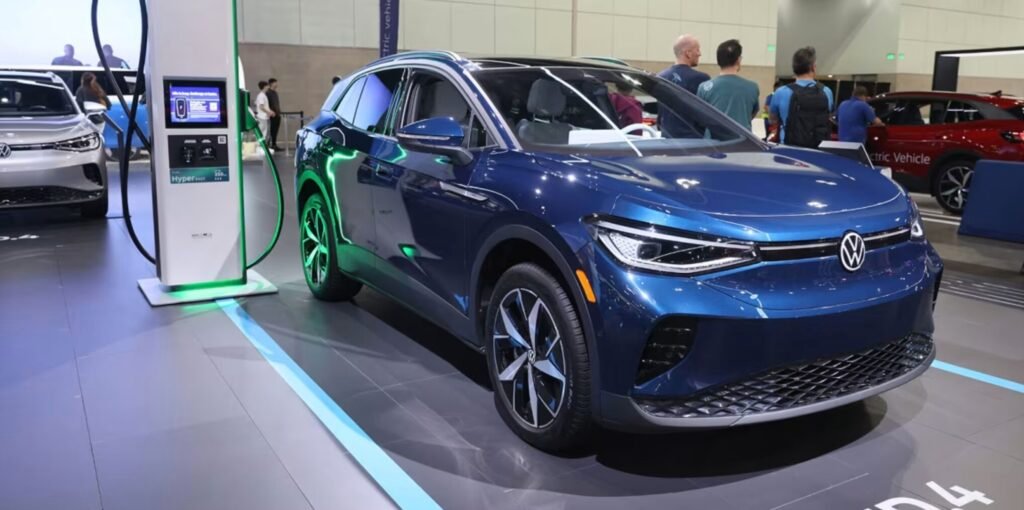As the electric vehicle (EV) market continues to grow across the U.S., many states have implemented additional incentives to support cleaner transportation. Among the most generous is the Colorado tax credit for electric cars, which offers substantial financial savings for residents purchasing new or used electric vehicles.

If you’re considering making the switch to an EV in Colorado, this guide will help you understand how the tax credit works, who qualifies, and how to maximize your benefits in 2025 and beyond.
Understanding the Colorado Tax Credit for Electric Cars
The Colorado tax credit for electric cars is a state-level incentive designed to promote the adoption of clean vehicles and reduce greenhouse gas emissions. This credit can be applied when purchasing or leasing new or used electric vehicles (EVs) and plug-in hybrid electric vehicles (PHEVs) that meet specific eligibility criteria.

As of July 2023 (updated in 2025), Colorado offers up to $5,000 in tax credits for qualifying new electric vehicle purchases. An additional $2,500 may apply for certain EVs under $35,000 MSRP, bringing total potential savings up to $7,500. The credit is typically claimed on your state income tax return but is structured to be refundable, meaning you can receive the full amount even if your tax liability is lower than the credit.
The tax credit complements the federal EV tax credit of up to $7,500, making Colorado one of the best states in the U.S. for EV ownership.
Key Benefits of the Colorado EV Tax Credit
1. Substantial Cost Savings
The most obvious advantage is the financial benefit. A new EV that qualifies for both state and federal credits could net you $12,500 or more in combined savings. Used EVs can also qualify for a smaller, yet meaningful, state incentive—helping more people access affordable electric transportation.

2. Refundable Credit
Unlike many tax credits that only reduce what you owe, Colorado’s credit is refundable. That means even if your tax bill is zero, you’ll still get the credit back in the form of a refund—cash in your pocket.
3. Encourages Sustainable Living
The credit directly supports Colorado’s clean energy and air quality goals. By incentivizing EV adoption, the state helps reduce dependence on fossil fuels and supports cleaner urban air.
4. Applies to Leases Too
The credit isn’t just for purchases. EVs leased in Colorado also qualify, as long as the lease terms meet the state’s minimum requirements (typically 2 years or more).
5. Stackable with Federal Credits and Utility Rebates
Many Colorado residents are eligible for utility-based EV rebates from companies like Xcel Energy, making it possible to stack multiple incentives for maximum savings.
Challenges and Limitations
1. Vehicle Price Cap
The additional $2,500 incentive introduced in 2023 only applies to EVs with an MSRP of $35,000 or less. This can exclude many newer or luxury EV models, limiting the benefit to budget-friendly vehicles like the Chevy Bolt EUV, Hyundai Kona Electric, or Nissan LEAF.

2. Paperwork and Timing
While the credit is valuable, it does require proper documentation. Buyers must retain vehicle purchase agreements, registration proof, and VIN verification. Incorrect filing can lead to delays or even denial of the credit.
3. Leased Vehicle Credit Often Goes to Dealer
In some leasing scenarios, the credit may be claimed by the dealer or leasing company, not the consumer. Be sure to negotiate the credit’s application in your lease contract.
4. Not a Point-of-Sale Credit (Yet)
Unlike some states, Colorado’s tax credit isn’t applied immediately at the dealership (as of 2025). Consumers still need to claim it on their tax return, meaning delayed savings.
Real-World Examples of Colorado Tax Credit Usage
Denver Resident Saves $12,500
Samantha, a public school teacher in Denver, bought a new Chevrolet Bolt EV priced at $33,000. With the Colorado tax credit for electric cars ($7,500 combined) and a $500 utility rebate from Xcel Energy, she saved $13,000 total. “I couldn’t believe how affordable it became once the incentives were applied,” she says.

Used EV Buyer in Boulder
Miguel, a college student in Boulder, purchased a used 2019 Nissan LEAF for $14,000. He qualified for a $2,000 Colorado tax credit for used EVs and received it as a refund the following spring. “I didn’t even owe state taxes, and they still sent me a check,” he shares.
Future Trends and Predictions
1. Potential Point-of-Sale Discounts
There is growing legislative support in Colorado for converting the tax credit into a point-of-sale rebate, allowing buyers to instantly reduce the price at the dealership rather than wait for tax season. This could happen in 2026 or sooner.
2. Rising EV Adoption
As more manufacturers release affordable EVs and battery ranges improve, Colorado’s EV ownership is expected to surpass 15% of all registered vehicles by 2027. This will drive more infrastructure development and support continued state incentives.
3. Program Expansion to Other Clean Vehicles
There’s ongoing discussion in Colorado’s legislature to expand incentives to e-bikes, electric motorcycles, and hydrogen fuel cell vehicles—further broadening access to green transportation.
4. Potential Adjustments to MSRP Limits
Advocacy groups are pushing for an increase in the $35,000 MSRP limit, which could allow more models to qualify for the full state credit in future years.
FAQ – Colorado Tax Credit for Electric Cars
How much is the Colorado tax credit for electric cars in 2025?
As of 2025, you can receive up to $7,500 in tax credits for a new EV and up to $2,000 for a used EV. The credit is refundable.
Who qualifies for the Colorado EV tax credit?
Any Colorado resident who purchases or leases a qualifying EV can apply, regardless of income level, thanks to its refundable status.
Is the tax credit available for leased EVs?
Yes, but check your lease agreement—some leasing companies apply the credit themselves and may or may not pass the savings on to you.
Can I combine the Colorado tax credit with the federal EV credit?
Absolutely. The state and federal credits stack, meaning you could receive up to $12,500 in total incentives for a new EV purchase.
How do I claim the Colorado EV tax credit?
You’ll need to file Form DR 0617 with your Colorado state tax return. Include documents like the bill of sale, vehicle registration, and VIN.
Conclusion: Take Advantage of the Colorado EV Credit Today
The Colorado tax credit for electric cars offers one of the most accessible and generous incentives for EV buyers in the United States. Whether you’re looking to reduce your carbon footprint or simply save money, this credit makes electric vehicles a smarter, more affordable option.
With up to $7,500 in state credits, combined with federal and utility rebates, there’s never been a better time to go electric in Colorado. Just be sure to stay updated on MSRP limits, eligibility requirements, and new legislation that could make EV ownership even easier in the coming years.
– Ready to drive electric? Visit VoltDriveHub or up-to-date EV buying guides, incentive calculators, and dealership tips tailored to Colorado residents.






